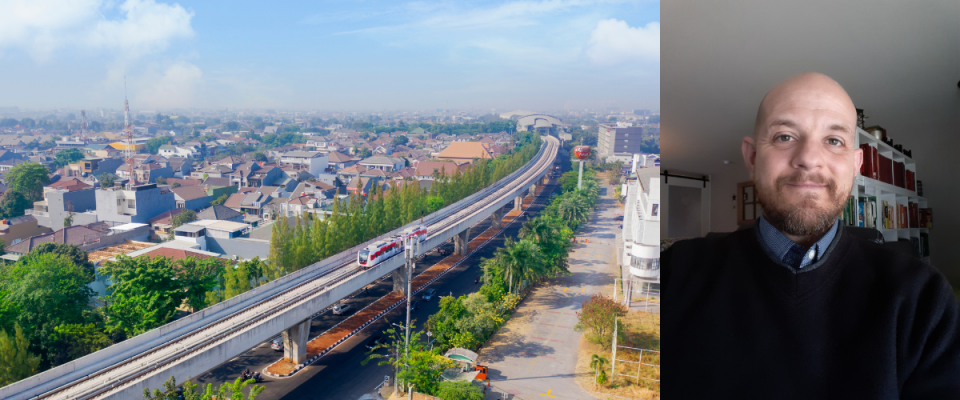Dissertation Explores the Impact of Transit-Oriented Development on Urban Employment Access and Equity

According to new research, transit-oriented development (TOD) can address the equity challenge of "spatial mismatch," where urban residents are isolated from relevant employment centers, and significantly improve employment access.
"Job-Worker Balance & Polycentric Transit-Oriented Development: Toward Indices and Spatio-temporal Trends," funded by the National Institute for Transportation and Communities (NITC), examines how transit-oriented development (TOD) affects employment access and addresses urban equity challenges, particularly in the context of essential workers and the COVID-19 pandemic.
In addition to demonstrating that TOD can help mitigate spacial mismatch, the study also highlights that TOD can lower transportation costs and enhance job-worker balance by providing more accessible central locations. Additionally, higher levels of spatial density and land use mix can aid in managing pandemics by improving access to essential jobs, which often involve low-income occupations that require face-to-face interactions.
The dissertation's author, Robert Hibberd, is a doctoral candidate at the University of Arizona (UA). An Eisenhower Fellow and NITC Dissertation Fellow, Hibberd devoted his doctoral research to exploring how the spatial distribution of resources and infrastructure in cities affects access to employment and essential services, especially for vulnerable populations. He will defend his dissertation this year.
For the past several years at UA, Hibberd has worked with Dr. Arthur C. Nelson on a longitudinal analysis of the impacts of development near transit stations, analyzing the outcomes for jobs, people, and real estate. See their latest paper here.
Connect with Robert on LinkedIn.
The National Institute for Transportation and Communities (NITC) is one of seven U.S. Department of Transportation national university transportation centers. NITC is a program of the Transportation Research and Education Center (TREC) at Portland State University. This PSU-led research partnership also includes the Oregon Institute of Technology, University of Arizona, University of Oregon, University of Texas at Arlington and University of Utah. We pursue our theme — improving mobility of people and goods to build strong communities — through research, education and technology transfer.
